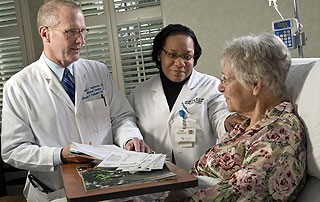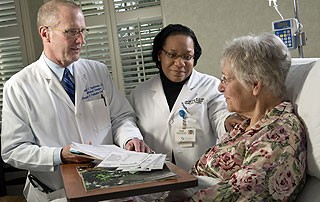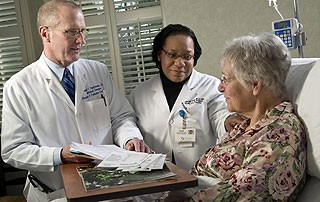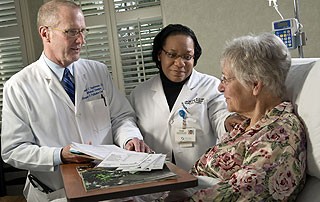Wednesday October 2nd, 2013
When family members disagree
The person who is ill may have very clear thoughts about what he or she wants in terms of care at the end of life, but family members may not agree. This situation can make things very difficult for the professionals involved. They are legally and ethically bound to follow the patient's wishes. If all the paperwork is complete and available, then there is no question about what will be done.









